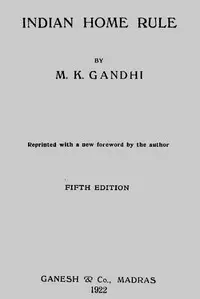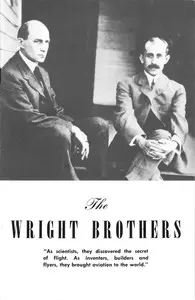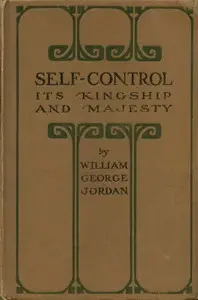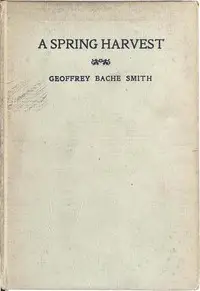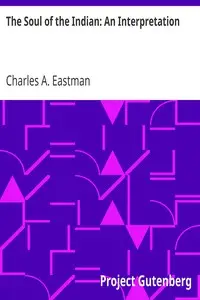"The Wheel of Fortune" by Mahatma Gandhi is a philosophical treatise written in the early 20th century. The book focuses on Gandhi's advocacy for Indian self-sufficiency through the revival of traditional handicrafts, particularly hand-spinning and weaving, as a means to combat poverty and promote economic independence. It emphasizes simplicity and self-sacrifice as vital components of India's struggle for self-rule (Swaraj). The opening of the text introduces the reader to Gandhi's vision of a new era, where societal values shift towards simplicity and self-reliance, as a reaction to the failures of modern industrial civilization. Gandhi reflects on the necessity of adopting the spinning wheel as a critical tool for empowerment, economic resilience, and national solidarity. He argues that engaging in hand-spinning not only helps alleviate poverty but also connects individuals to their cultural roots. The text serves as a call to action for all Indians, inviting them to participate in the Swadeshi movement by embracing traditional methods of production to foster both personal and national regeneration. (This is an automatically generated summary.)
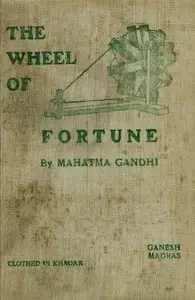
The Wheel of Fortune
By Mahatma Gandhi
"The Wheel of Fortune" by Mahatma Gandhi is a philosophical treatise written in the early 20th century. The book focuses on Gandhi's advocacy for Indi...
Genres
Released
2013-01-31
Formats
epub
mobi
mobi (images)
epub (images)
epub3 (images)
Free Download
Overview
About the Author
Mohandas Karamchand Gandhi was an Indian lawyer, anti-colonial nationalist, and political ethicist who employed nonviolent resistance to lead the successful campaign for India's independence from British rule. He inspired movements for civil rights and freedom across the world. The honorific Mahātmā, first applied to him in South Africa in 1914, is now used throughout the world.
Total Reviews
10.0k
Total reviews from Goodreads may change



